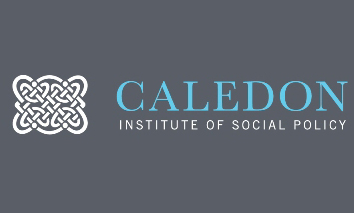Join us at the Cannexus15 National Career Development Conference

DECEMBER 2014 – CANADA
Join us at the Cannexus15 National Career Development Conference
The Cannexus15 National Career Development Conference is taking place January 26-28, 2015 at the Ottawa Convention Centre. The Canadian Coalition of Community-Based Employability Training (CCCBET) is proud to be a Cannexus supporting organization again this year and is pleased to be able to offer members a discount on conference registration.
Cannexus is Canada’s largest bilingual career development conference and will bring together 800 professionals in the field from across education, community organizations, government and the private sector. It is designed to promote the exchange of information and explore innovative approaches in the areas of career counselling and career development.
Delegates will be informed and inspired by three exceptional keynotes from these Canadian leaders:
– Jaime Watt, Executive Chairman, Navigator Ltd & Public Affairs Commentator
– Dr Nancy Arthur, Professor & Associate Dean Research, Werklund School of Education, University of Calgary
– The Right Honourable Adrienne Clarkson, 26th Governor General of Canada
There will be more than 150 education sessions that will bring you the latest trends in effective counselling and facilitation techniques, labour market information, emerging technology and tools, and working with diverse populations. An Exhibitor Showcase will also highlight a range of beneficial products and services in the field.
CERIC’s 10th anniversary celebrations culminate at Cannexus15 with Spark! This series of TEDx-style talks on diverse topics will provide the “spark” for you to think differently about your work.
You can enhance your conference experience by taking an optional pre-conference workshop. Choose among workshops with four popular presenters and go in-depth on these topics:
– Managing in an Outcome-Based Performance Measurement Framework, Sarah Delicate
– Going Public: Survival Strategies for Introverts with an Audience, Yvonne Rodney
– Analogical Reasoning: The Use of Metaphors and Stories in Career Development, Dr Norman Amundson
– Developing a Digital Identity for Career Enhancement, Tang Choy
You can also extend your Cannexus15 learning with our post-conference workshop on Positive Psychology with the highly regarded Louisa Jewell.
Cannexus is presented by the Canadian Education and Research Institute for Counselling (CERIC) and supported by The Counselling Foundation of Canada with a broad network of supporting organizations.
For more information and to register, visit www.cannexus.ca.









